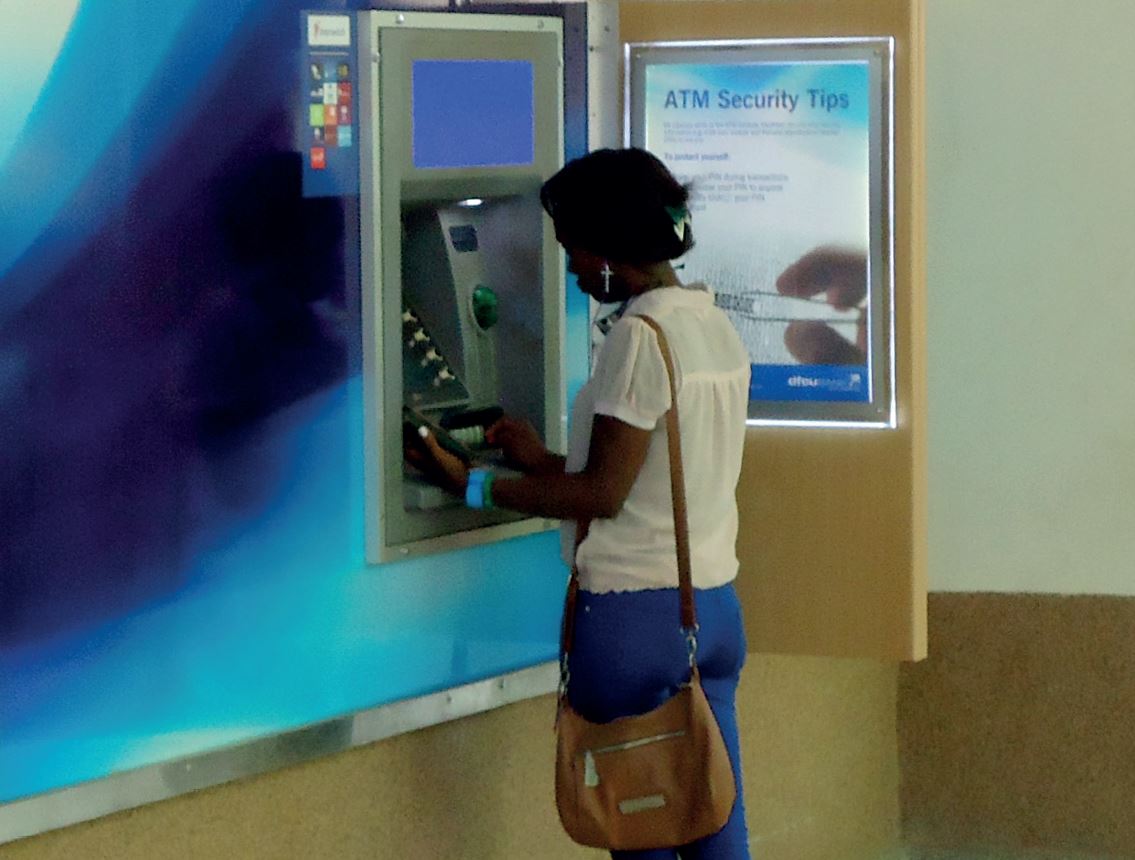The pandemic presents heightened business integrity risks which financial institutions should proactively manage.
The impact of the economic upheaval stemming from the coronavirus crisis presents significant business continuity challenges. During a crisis of this nature, financial crime risks are elevated due to staff shortages or resources being diverted to manage emergency operational issues or customer requests, for example loan repayment deferrals. This can result in shortcutting procedural compliance safeguards with potential for an increase in fraudulent activity such as phishing scams, insider trading or internal staff theft as well as the potential for sanction breaches and money laundering through reduced oversight of know your customer (KYC) controls and decreased compliance monitoring.
Agencies such as the Financial Crimes Enforcement Network (FINCEN) have advised all financial institutions to be on high alert for a potential increase
in “illicit financial activity” and issued guidance on reducing financial crime and misconduct. As the current situation evolves, financial institutions will be monitoring the impact on their portfolio, including an increase in credit and liquidity risks and other operational and financial crimes risk concerns.
Several regulators in emerging markets such as the Reserve Bank of India have advised on the formation of a quick response team or crisis management group to provide regular updates to senior management and act as a single point of contact with regulators and external agencies.
Financial institutions should remain vigilant, if not already, during the pandemic as any regulatory or compliance breach can have an impact on the reputation of the company with financial and operational implications which may last beyond the crisis. Organisations should ensure that compliance risks remain paramount, particularly as financial pressures increase and opportunities for savings are identified.










